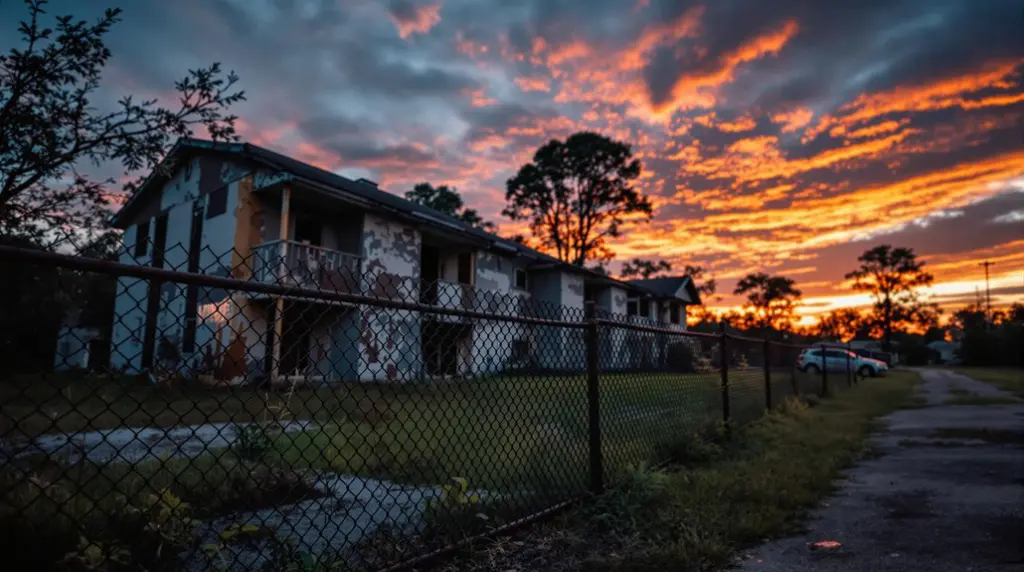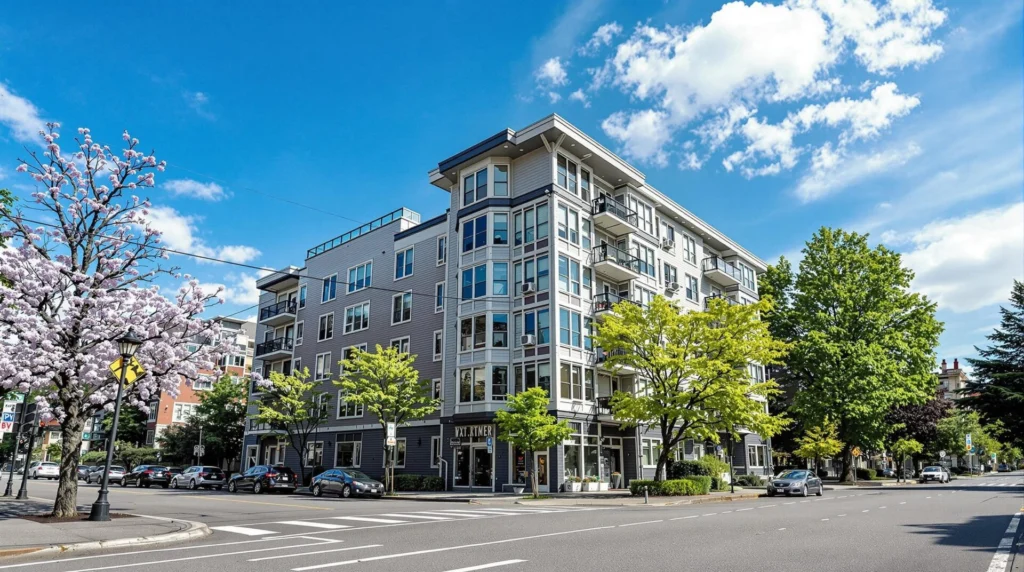Key Takeaways
- Phoenix’s housing affordability index has fallen to its lowest point in a decade.
- Rising home prices and mortgage rates are forcing many residents into rentals.
- Investors are shifting to buy-and-hold strategies in suburban markets.

Phoenix, AZ – Phoenix’s housing market is reaching a tipping point.
Affordability has hit its lowest level in a decade, and the once-booming market now faces mounting pressure.
The question for investors isn’t whether the landscape has changed—it’s how they’ll adapt to this new reality.
Just a few years ago, Phoenix was a land of opportunity, with affordable homes attracting buyers from across the country.
But as of April 2025, the Housing Affordability Index reveals a grim statistic: only 39% of households can now afford the median-priced home.
This represents a steep decline from the 68% affordability rate just five years prior. The dream of homeownership for many in the Valley of the Sun is slipping further and further out of reach.
The Phoenix housing market was great, but what went wrong?
Rising home prices are only part of the story. The median home price in Phoenix has climbed to an eye-watering $479,000.
Layer on mortgage rates that remain stubbornly above 6.5%, and you’ve got a perfect storm.
Meanwhile, wages for many residents have remained stagnant, leaving prospective buyers with few options.
The result?
A market where renters outnumber buyers, and investors who once counted on easy flips are finding themselves in uncharted territory.
Ripple Effect on Renters and Investors
As affordability dwindles, more would-be homeowners are turning to the rental market. Build-to-rent communities in fast-growing suburbs like Buckeye and Queen Creek are seeing a surge in demand.
This shift has allowed landlords to maintain strong rental yields even as they slow rent increases. For investors, these changes bring both challenge and opportunity.
Those who once relied on short-term flips are now reevaluating their strategies.
Some are pivoting to hold-and-rent models, while others are targeting more affordable, outer-ring suburbs that still offer decent returns.
Creative financing—such as assumable mortgages or seller carrybacks—is becoming an essential tool for staying competitive in this evolving market.
What Comes Next?
Phoenix is still growing rapidly, but the nature of that growth is shifting.
The days of quick profit are giving way to longer-term plays. Investors who can pivot to a cash-flow strategy, focusing on steady rental income rather than instant appreciation, stand the best chance of succeeding in this new environment.
The city’s affordability crisis has created a fork in the road: adapt and thrive, or stick to old habits and risk losing out.
RELATED CONTENT
Phoenix is no longer just a red-hot market—it’s a market under pressure. For those who can read the signs and play the long game, the rewards are still there.
But the path forward will demand sharper strategies, more patience, and a willingness to embrace a new era of real estate investment.
Assessment
Phoenix’s plummeting housing affordability has reshaped the market, forcing both buyers and investors to rethink their strategies.
While rising home prices and higher mortgage rates have driven many would-be homeowners into the rental market, they have also sparked new investment opportunities.
Suburban zones are emerging as the next frontier, offering more affordable entry points and the promise of long-term returns.
For investors willing to shift from quick flips to buy-and-hold models, this challenging environment still holds significant potential.
In short, while affordability is at a decade-low, those who adapt to these new conditions can still find success in Phoenix’s evolving real estate market.
Related Content:
- Kilauea’s Wrath: Is Hawaii’s Real Estate Paradise on the Brink of Collapse?
- Florida’s Rental Market Chaos (Landlords and Tenants Caught in a Perfect Storm)
- Wall Street Single-Family Home Takeover (Corporate Investor Invasion Intensifies)
- Housing Market Shocker! Institutional Buyers Halt Purchases Nationwide Amid Financial Unrest





















